The news hit like a blow to the soul. On July 28, 2025, Ryne Sandberg, eternal icon of the Chicago Cubs and member of the Baseball Hall of Fame, passed away at the age of 65 after a tough battle with metastatic prostate cancer. His passing left a deep void, not only in the world of sports, but in the hearts of those who grew up watching him shine with humility, dedication, and a greatness that never needed fanfare to impose itself.
Sandberg not only redefined how second base is played. He redefined what it means to be great in silence, to be a legend without fanfare. His calm presence, unwavering work ethic, and love for the game made him a role model for generations who understood that true talent is measured in consistency, not spectacle.
Born on September 18, 1959, in Spokane, Washington, Ryne Dee Sandberg seemed destined for success from his days at North Central High School, where he excelled in three sports: baseball, football, and basketball. Although he had signed with Washington State University to play football, his destiny changed when the Philadelphia Phillies selected him in the 20th round of the 1978 draft. That young athlete, who seemed to have a future divided between different paths, chose the diamond. And how fortunate that he did.
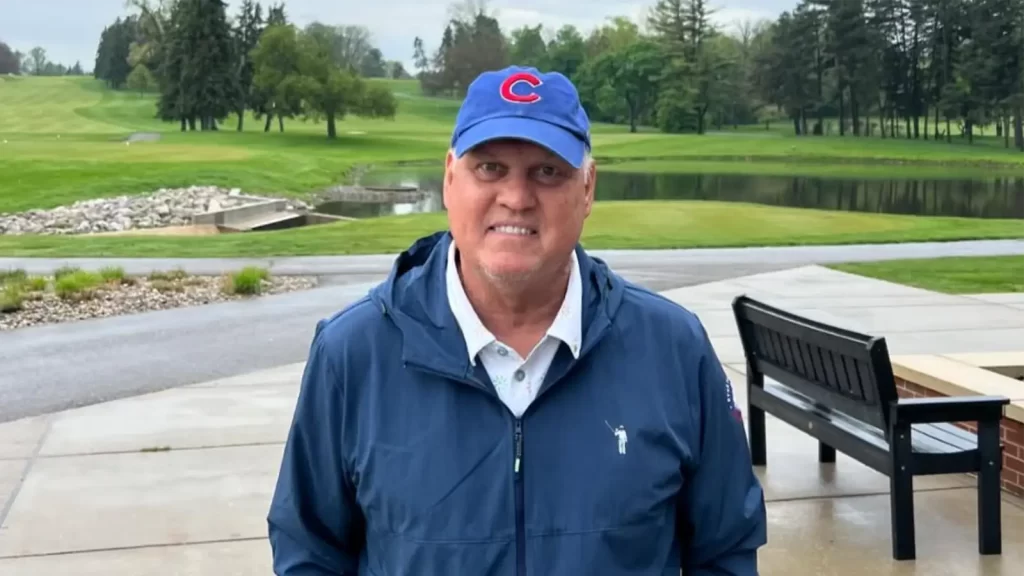
His time with the Phillies was brief. He had only one hit in that uniform—curiously, at Wrigley Field, which would later become his sanctuary—before being included in a trade that seemed minor but would go down in baseball history: he was traded to the Cubs along with Larry Bowa, in a move that is still considered one of the luckiest for the Chicago franchise.
Sandberg made his debut as the starting third baseman in 1982, but it was at second base where he found his definitive niche. He quickly began to build a dream career: nine consecutive Gold Gloves, seven Silver Sluggers, ten All-Star selections, and the National League Most Valuable Player award in 1984.
That year marked a turning point not only in his life, but also in the lives of fans. June 23, 1984, went down in history as “The Ryne Sandberg Game,” an epic day in which he had five hits, drove in seven runs, and hit two key home runs off legendary closer Bruce Sutter. It was more than a sporting feat: it was a revelation. The quiet kid had become, overnight, the visible face of a franchise in need of hope.
Chicago, a city that often lives between nostalgia for what was and what could have been, found in Sandberg a reason to dream. For 16 seasons, Ryne became synonymous with consistency. He batted .285, hit 282 home runs (277 as a second baseman, a record at the time), drove in 1,061 runs, and stole 344 bases. His defense was near perfect: 123 consecutive games without an error and a fielding percentage of .989, a record for his position.
But beyond the numbers, what made him immortal was his demeanor: quiet, always ready, always humble. “He was never satisfied,” recalled Larry Bowa, his former teammate. “He always took extra ground balls, more batting practice. You never saw him unprepared.”
Ryne was more than a star player; he was the beating heart of the Cubs during an era when the team was trying to rediscover its mystique. He led the team to the postseason in 1984 and 1989, and although World Series dreams were dashed, his performance never disappointed: he batted .385 in the playoffs, making it clear that he also shone when he was needed most.
In 1990, he surprised the world again by hitting 40 home runs, an unprecedented number for a second baseman at the time. He also won the Home Run Derby at that year’s All-Star Game, right at his home stadium, Wrigley Field.
After his retirement in 1997, the Cubs retired his number 23, and in 2005 he was inducted into the Hall of Fame. He never strayed far from the game. He was a minor league manager with the Cubs, and then managed the Phillies between 2013 and 2015. His love for baseball never faded, and he was a regular presence at spring training and on sports broadcasts, sharing his wisdom without seeking the limelight.
Cancer struck him in late 2023. He announced it publicly, with the same serenity with which he faced a difficult hit. During his treatment, he shared messages of strength and hope with the fans who adored him so much. In June 2024, on the 40th anniversary of his most iconic game, the Cubs unveiled a statue in his honor in front of Wrigley Field. There, surrounded by family, friends, players, and fans, Sandberg shared a few words that now resonate even more strongly:
“Today my thoughts are focused on love, life, family, and friends. I feel that love now. It was always there. But I was too busy doing 60 extra sprints every morning to notice it. We are who we are, and that was me. I love you all very much.”
It was a farewell disguised as a tribute. It was also the way Ryne Sandberg left us with another lesson: that life is about dedication, yes, but also about knowing when to stop and look at what we have sown.
His legacy is immense. In Chicago, his name is carved into the memory of those who saw him play, those who wore his number on worn-out jerseys, and those who dreamed of hitting or fielding like him. His image is forever frozen in a defensive position in front of Wrigley Field, as if he were still there, ready for one more ground ball, one more impossible play.
Ryne Sandberg didn’t just leave his mark on the Cubs. He left his mark on an entire generation that understood that true brilliance doesn’t need noise. He was a silent hero, a gentleman of the diamond, a star who chose to shine through commitment, discipline, and respect.
Today, his passing fills us with sadness, but also with gratitude. Because we witnessed his greatness. Because we saw him turn the ordinary into the extraordinary. Because, even though he is no longer with us, his echo will continue to be heard every time a child picks up a glove with love, or when someone says, with heartfelt emotion, “I grew up watching Ryne Sandberg play.”
Farewell, Ryno. G Thank you for teaching us that greatness can also be whispered.



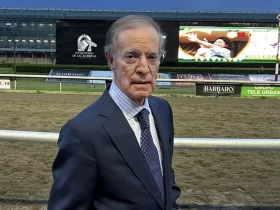



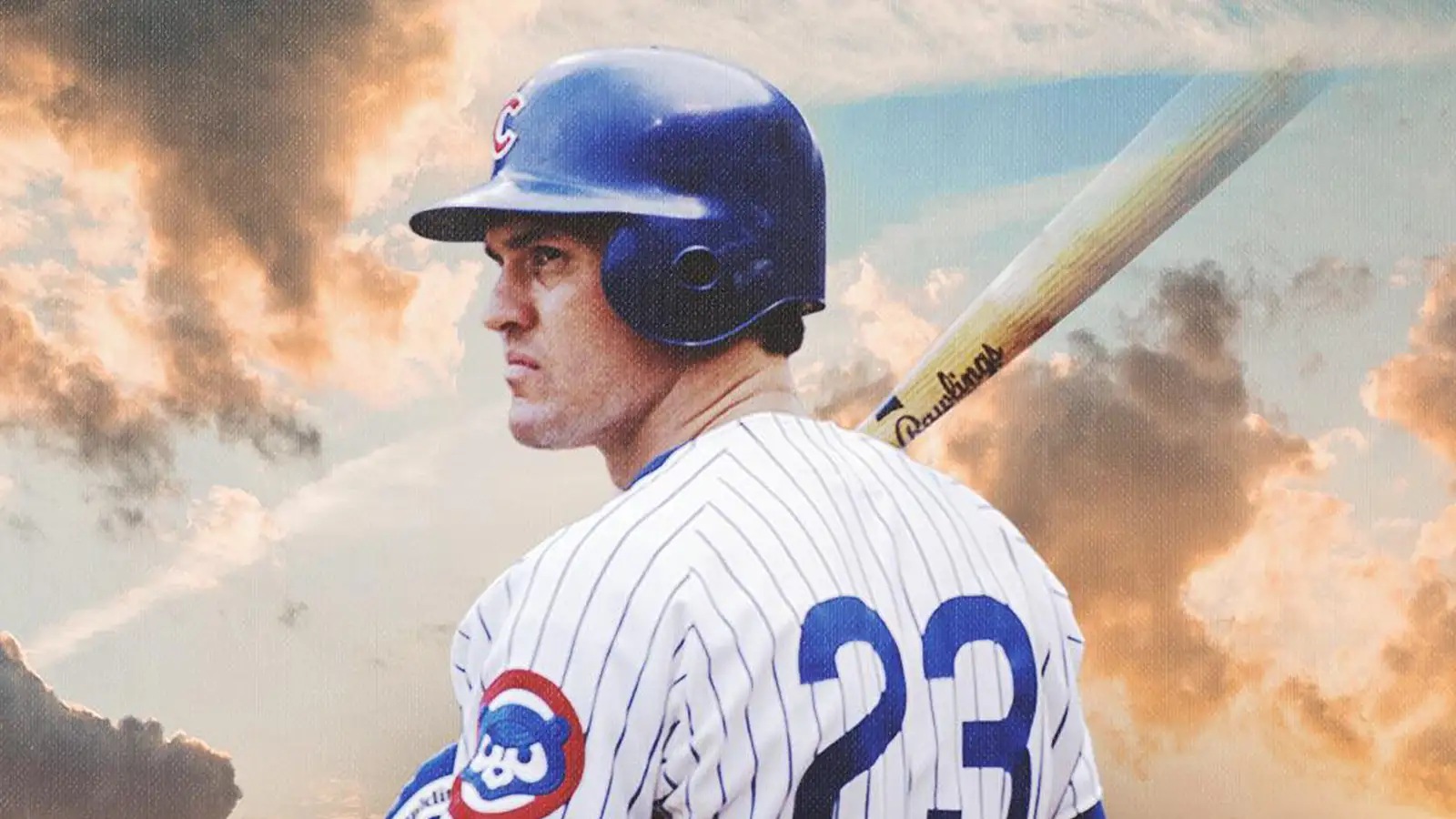


























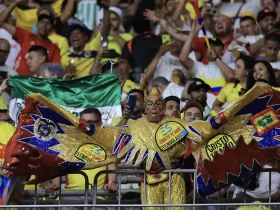

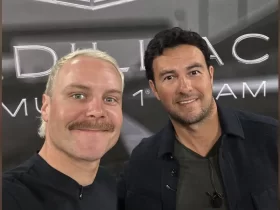

Leave a Reply